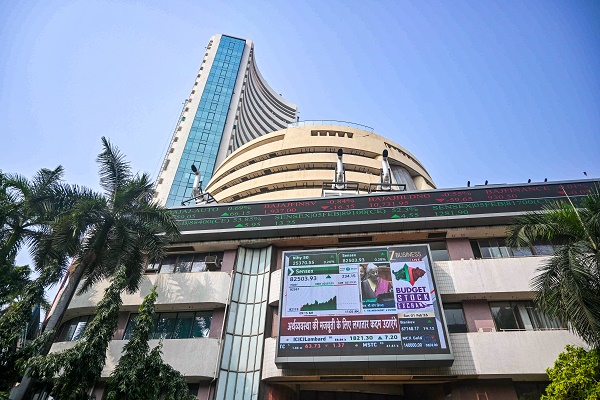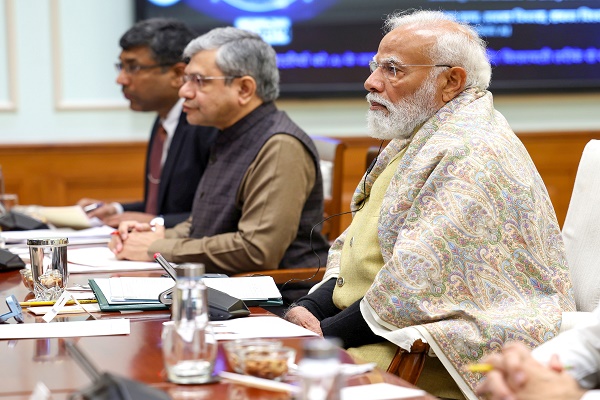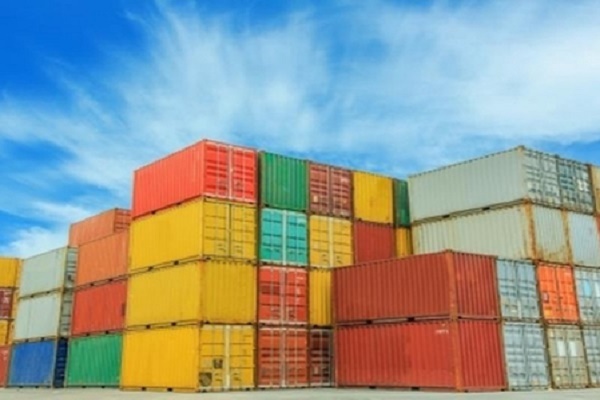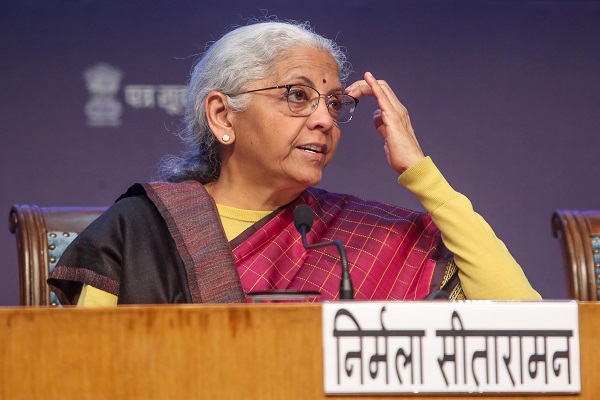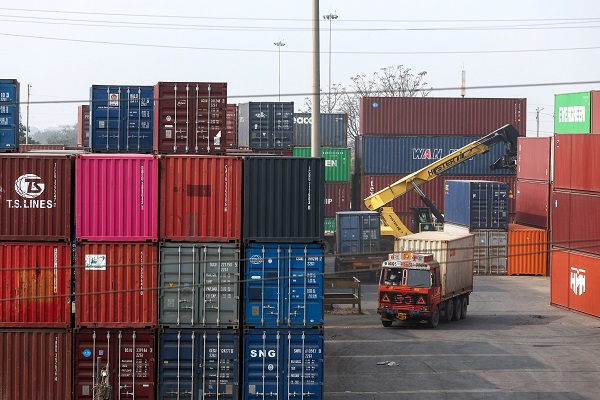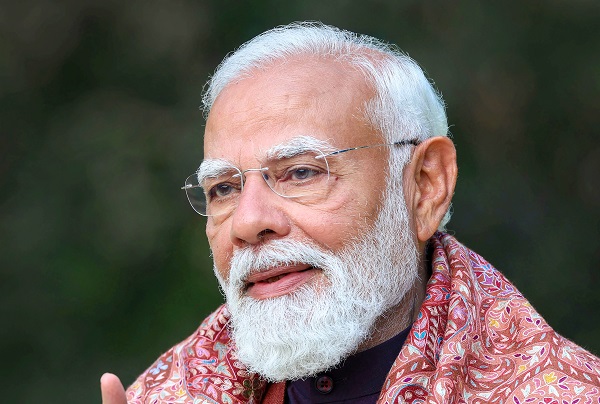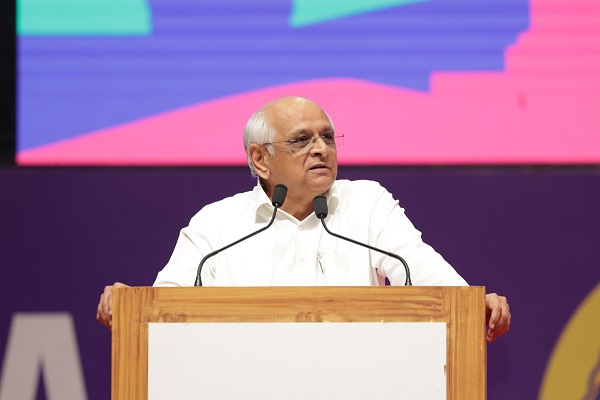Second wave flattens fizz for soft-drink makers: Crisil
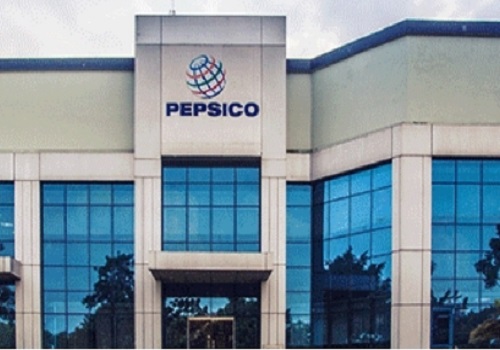
India's non-alcoholic beverages industry, led by cola giants Pepsi and Coca-Cola, is unlikely to reclaim pre-pandemic levels this fiscal, ratings agency Crisil said.
"Indeed, despite some claw-back after an estimated decline by a fifth last fiscal, revenue will still be 10 per cent short of the fiscal 2020 mark," the ratings agency said.
"Credit profiles of players, however, remains resilient because of their cost-control measures, strong balance sheets and ample liquidity."
As per an analysis of 13 Crisil-rated bottlers of Pepsi and Coca-Cola, which account for over 50 per cent of the market, indicates as much.
As things stand, Crisil said Pepsi and Coca-Cola have a combined market share of over 80 per cent in India's non-alcoholic beverages industry.
"The manufacturing operations are either owned by them or are done through third-party bottlers in different regions of the country."
Last fiscal, a strict nationwide lockdown and subsequent restrictions over April-September severely affected peak season demand as summer months alone account for two-thirds of annual cola sales.
"A redux looms now."
According to Nitesh Jain, Director, Crisil Ratings: "Beverages sales volumes will be adversely impacted in the peak season once again due to localised lockdowns and restrictions on movement to contain the second wave of the pandemic."
"This will affect out-of-home consumption of beverages the most in the first quarter. Though these restrictions are staggered across regions and are less stringent this time around, full-year revenue may still be 10 per cent below pre-pandemic levels."
Besides, the agency cited that operating profits may be more resilient, driven by continuation of cost-control measures and improving product mix.
"Demand for high-margin carbonated soft drinks (CSD), which forms two-thirds of the beverage portfolio of players, was impacted less during lockdowns compared with juices and bottled water. This is due to higher in-home consumption of CSD, driven by increasing access to refrigeration," the agency said.
Furthermore, the analysis assumes decline in demand by a fifth in the first quarter of this fiscal.
"Recovery is expected from the second quarter with the surge in number of cases and consequent lockdowns peaking in June, and the pace of vaccination also picking up," Crisil said.
"But a major part of peak season volumes would be lost by then, and any subsequent resurgence in infections especially in the rural segment - which was a saviour last fiscal - will be a monitorable."


